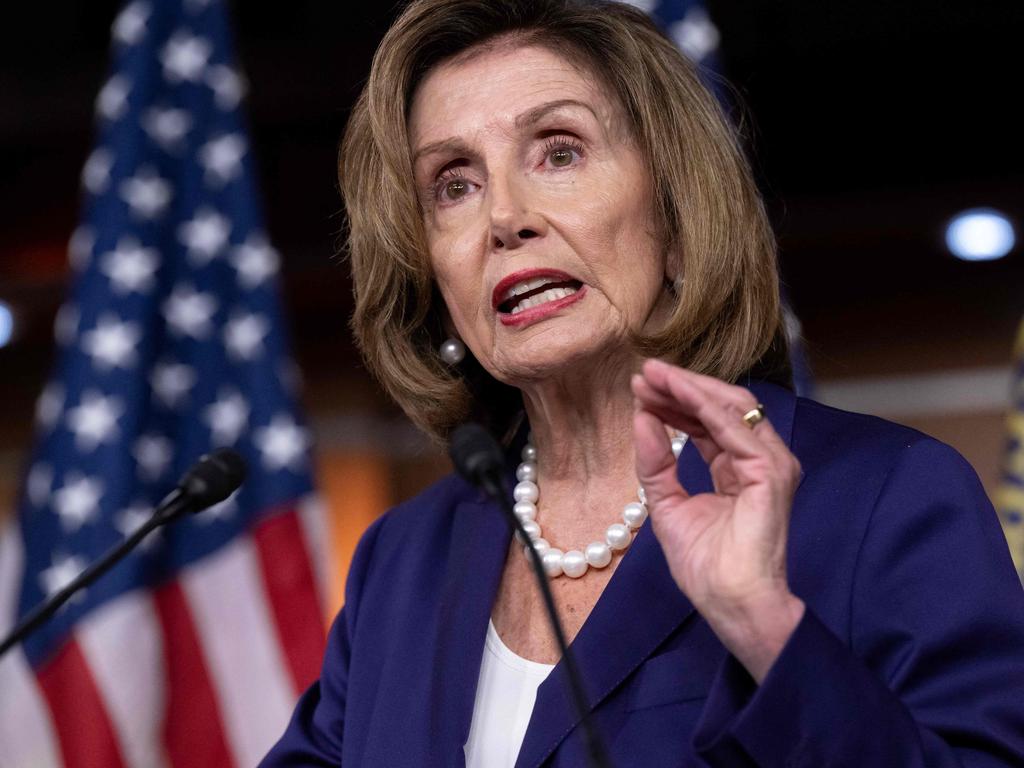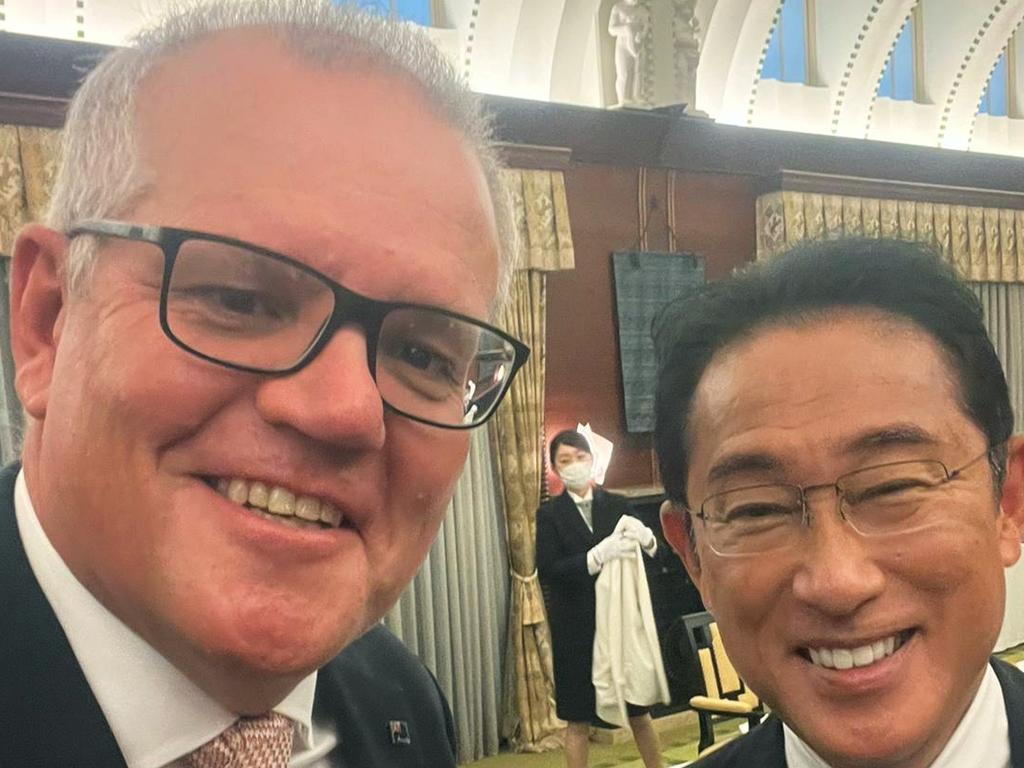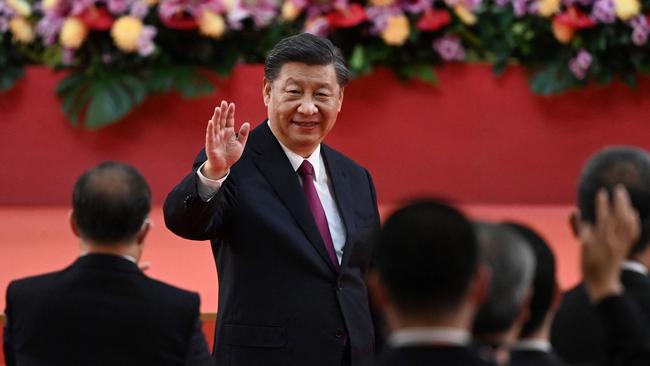
Last week, on the ABC’s 7.30 program, the Prime Minister was asked whether, like his Deputy, Richard Marles, he was having sleepless nights over the possibility of war with China. That’s a sign of the times. There is a growing risk of conflict because of China’s relentless attempts to reclaim old imperial territories and exert regional hegemony. There is a good deal of concern about this around the Indo-Pacific. How much sleep should we be losing?
Albanese responded: “We live in an era of strategic competition and a significant change in what is occurring in our region. We live in an era of real uncertainty.” The accent falls on the word “uncertainty”. It brings into play the whole field of risk analysis and decision-making. Getting our thinking, our planning, our public discourse right under these circumstances is a non-trivial exercise. There are many ways to get it wrong.
The Prime Minister stated he didn’t want to be like World War II prime minister John Curtin, who couldn’t sleep at night thinking about Japan. “We don’t want military conflict. That’s why we need to do everything we can to avoid it.”
But how do we assess the probabilities and prepare adequately to hedge against them without either triggering a war we don’t want or being caught ill-prepared in a war we can’t avoid? Albanese was challenged: “The war that everyone fears is with China. Do you have a responsibility to the Australian people to lay out the risks that this could end in war?”
His answer was sober and cautious: “We have a responsibility to put out the facts without raising fear that mightn’t eventuate. We need to have a sober response to the circumstances that we face.” This is a tone down from the statements, under the Coalition government, by Scott Morrison, Peter Dutton and Home Affairs secretary Michael Pezzullo, that we must be prepared for war and that the drums of war were beating. But the background concern is plain.
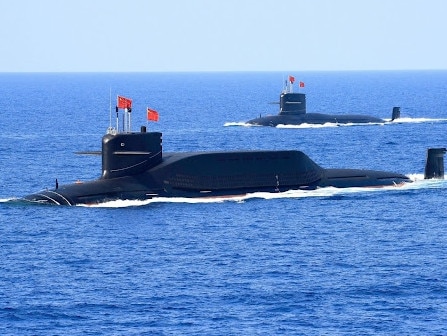
Sleeplessness comes from being disturbed by such concern. But one is not disturbed simply by the possibility of war in the abstract. One is disturbed by the relative probability of war combined with the gravity of the anticipated war. If the probability is high, but the gravity very low – such as a conflict or police action in, say, the Solomons – one doesn’t lose much sleep. One simply does what seems called for.
If, conversely, the probability is very low, but the gravity extremely high – say, a nuclear war between China and the US – one worries vaguely but doesn’t lose much sleep. The challenge right now is that the apparent probability of Sino-American war has been edging up and the gravity of such a war could be very great indeed. It’s under those circumstances that leaders begin to toss and turn at night.
Albert Einstein’s famous equation about the conversion of mass into energy is E=mc². Risk analysis might frame our problem as S=pg², where S is sleeplessness, p is the probability of war and g is the seriousness or gravity of the war. There is more sleeplessness to the extent that either or both the probability or gravity of war increase.
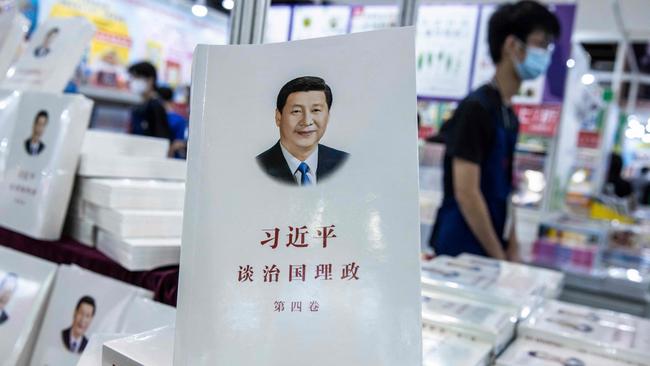
Hugh White’s recent quarterly essay is about this danger. He urges that we abandon any idea of defending Taiwan or siding with the US against China. Modern history academic James Curran’s newly published book, Australia’s China Odyssey, conversely, argues that too many Australians – in a historical pattern he claims goes back more than a century – have racist fears of China that get exploited for political purposes and are currently overwrought.
Here is where our equation becomes tricky. If fear itself – whether fuelled by racist phobias or warranted apprehension (for instance, about China’s rapid, sustained and massive military build-up and territorial claims) – leads us to exaggerate the probability and gravity of war, it could trigger actions that are self-fulfilling.
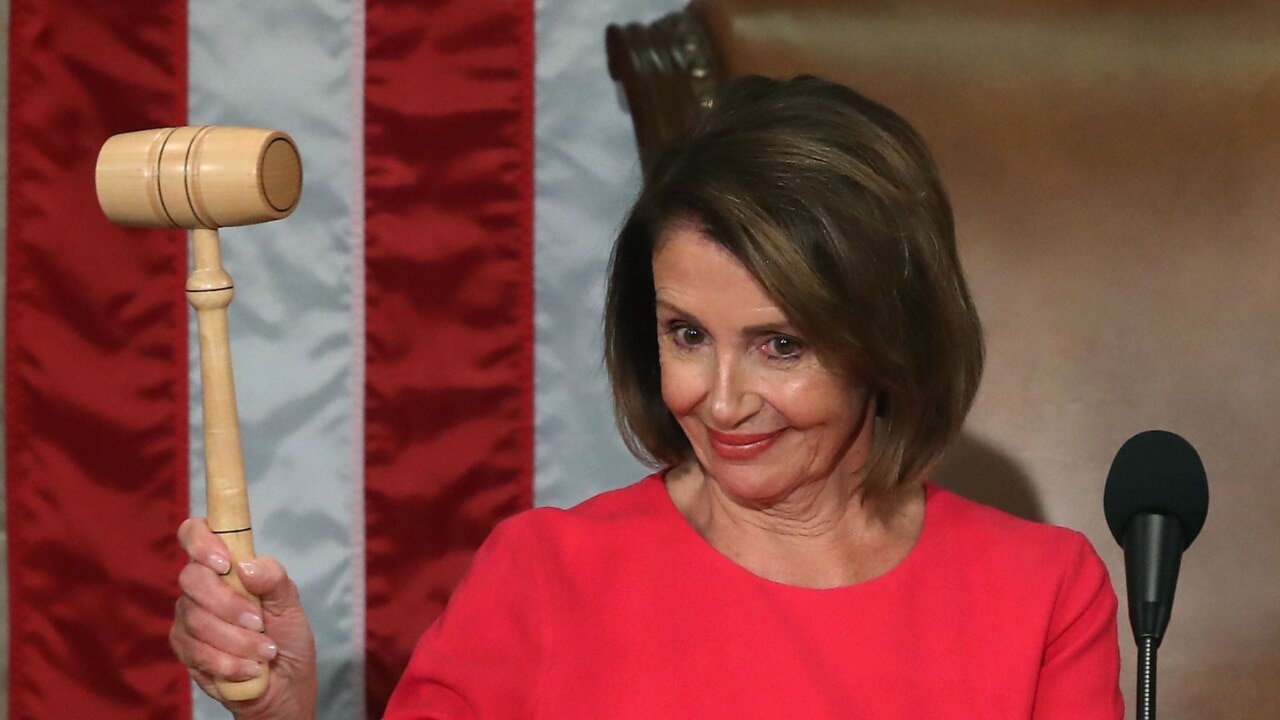
So, how are we to weigh things in the balance and develop the most judicious possible strategic policy and force structure? That’s the dilemma both sides of politics have been confronting and that is causing Albanese a bit of sleeplessness.
We, as a society, have one advantage over China. We can have an open and public debate about what is going on and how it makes most sense to respond. In China, especially under Xi Jinping, there is no means to challenge government strategic policy, militarism, propaganda or preparations for war. That is itself a cause for concern. Our debate is imperfect, but we are having one. And China’s behaviour means we need to press it home.
That realisation is now clear right around the Pacific rim. Here, in the US, in Japan, in South Korea, in India, this debate is going on – and everywhere S=pg².
Paul Monk is a Fellow of the Institute for Law and Strategy (London and New York) and a Fellow of the Rationalist Society of Australia. He is the author of Thunder from the Silent Zone: Rethinking China (2005) and The West in a Nutshell (2009), among other books.


